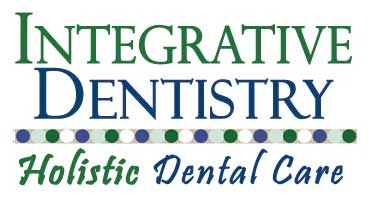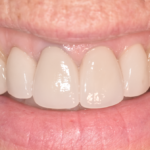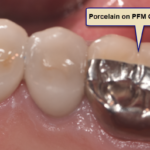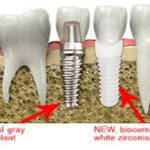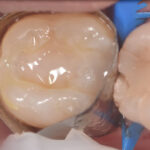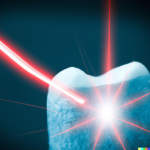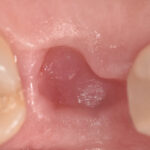First do no harm is the guiding tenet of the Hippocratic Oath, the professional oath that doctors and dentists take when they begin their careers. While this principle may seem obvious, it is more important than ever because of the level and complexity of available medical and dental care.
Iatrogenesis literally means “brought forth by a physician” and refers tor a state of ill health brought about by medical treatment. Every year statistics on complications arising from medical treatment increase, second only to the fatalities cause by heart disease and cancer: there are more adverse drug reactions, unnecessary hospitalizations, inadvertent misdiagnosis, etc. It becomes evident that the Hippocratic Oath is more than a nice sentiment, it is a guiding light for the practice of the healing arts.
When a healthcare provider is grounded in this principle of looking to the patient’s welfare above all else, this usually leads to the most complete diagnosis and analysis of the situation at hand. Also, when all of the desires and needs of the patient are being included as much as possible, then a positive healing relationship can be established. This is really a sacred relationship built on trust, and the more it is held in this fashion, the more he patient’s attitude will be positive and the more likely that the outcome will be successful.
This brings up the issue of informed consent. It is the patient’s right to fully understand the issues with any treatment being proposed. This includes the therapeutic benefits as well as possible side effects and risks involved. In medical circles informed consent is considered fundamental to sound practice. Treatment results are usually best when the patient is involved in the process, and you the patient must always have the ultimate right of choice when it comes to your own body.

Carey O’Rielly DDS has been a practicing dentist for 35 years. He went to USC Dental School and Duke University for his undergraduate degree. He grew up in Laguna Beach and now lives in La Costa with his wife Victoria, who runs his office.
He began his career by owning and operating a network of six offices in the San Francisco Bay Area. Presently he owns a private holistic practice in North County San Diego’s Encinitas.
Dr. O started looking for solutions to his health challenges that resulted from the stress and environmental toxicity that built up over a ten year period running his dental network. He has dedicated himself to learning about oral systemic problems and how dentistry can affect your health. He has applied what he has learned over the last twenty years to ensure he, his staff and his patients are protected from the chemicals and toxic materials found in most dental offices. He has produced an environmentally friendly office that is also peaceful and calm.
He is an expert on dental materials having looked at hundreds of biocompatibility lab tests over the years. He has identified the most bio-friendly materials to use in his practice and which dental materials can be used to replace metal fillings and crowns, including BPA free and fluoride free ‘white’ fillings. He also uses metal-free Zirconia or ceramic implants and PRF (platelet-rich fibrin) grafting materials which come from the patient’s own blood.
Dr. O’Rielly teaches C.E. courses on the systemic effects of gum disease. He is an expert in using phase contrast microscopy for analyzing dental infections, where he shows patients what kind of microbes, i.e. bacteria, amoeba, and yeasts like candida are populating the mouth and affecting the body as a whole.
He has an educational blog and is writing a book on dental health called ‘Hidden Dental Infections: Healing Root Canals and Infected Teeth with the Erbium Laser’ where he discusses dental nutrition, toxic dental materials and the effects of old root canals on inflammation and overall health.
